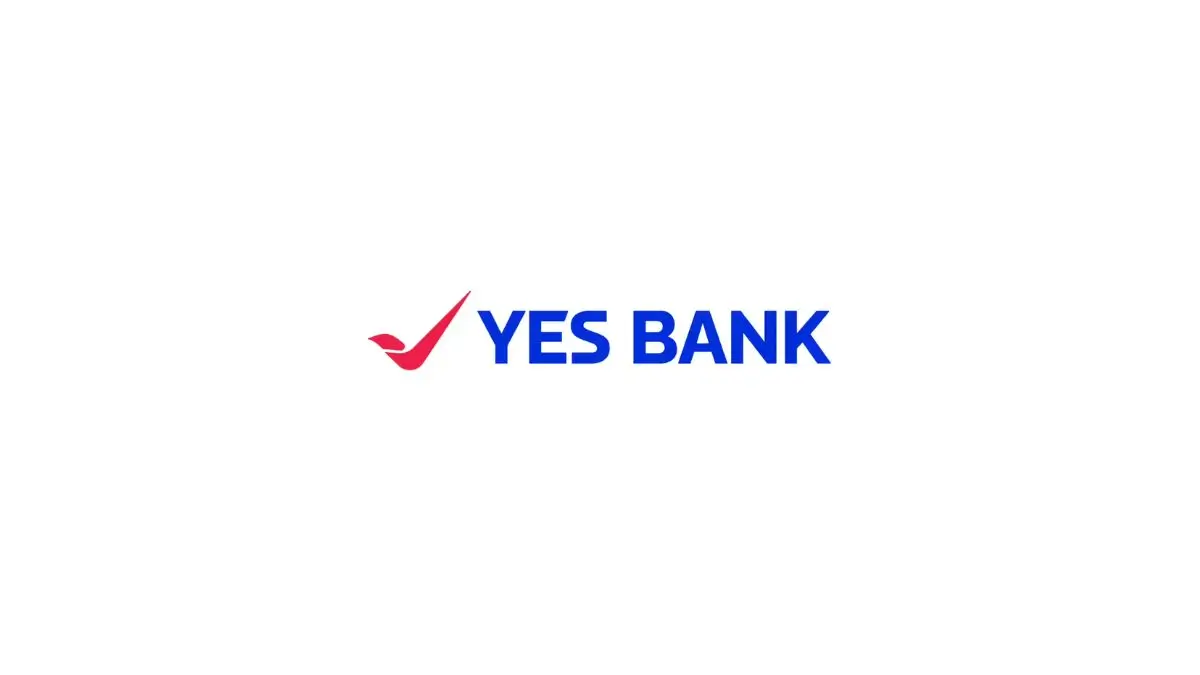RBI Introduces PCA Framework to Improve Financial Health of UCBS
Introduction to PCA Framework
The Reserve Bank of India (RBI) has recently introduced a Prompt Corrective Action (PCA) framework designed to bolster the financial stability of Urban Co-operative Banks (UCBS). This new regulatory measure aims to address the systemic risks and operational challenges faced by UCBS, ensuring their resilience and robustness in a fluctuating financial environment. The PCA framework will establish a set of guidelines and corrective measures to help UCBS improve their financial health and operational efficiency.
Objectives of the PCA Framework
The PCA framework targets several key areas to enhance the financial health of UCBS. It focuses on monitoring and managing financial ratios, including capital adequacy, asset quality, and profitability. By setting specific thresholds and corrective actions, the RBI aims to preemptively address potential financial distress within these banks. The objective is to provide a structured approach for UCBS to rectify deficiencies and maintain financial stability, thus safeguarding the interests of depositors and ensuring the overall stability of the banking sector.
Implementation and Compliance
Under the new PCA framework, UCBS will be required to adhere to stricter compliance measures. The RBI will closely monitor these institutions and impose corrective actions if they fail to meet the prescribed financial criteria. This includes enhancing capital reserves, improving asset quality, and optimizing operational efficiency. The framework provides a clear pathway for UCBS to follow, ensuring they undertake necessary reforms to comply with regulatory standards and improve their financial performance.
Impact on UCBS and Stakeholders
The introduction of the PCA framework is expected to have a significant impact on UCBS and their stakeholders. For the banks, it means a structured approach to addressing financial challenges and improving overall health. Stakeholders, including depositors and investors, will benefit from increased confidence in the stability of UCBS. Additionally, the framework aims to mitigate systemic risks and contribute to the overall stability of the financial sector.
Future Outlook
As the RBI implements the PCA framework, it will be essential to monitor its effectiveness and make necessary adjustments based on the outcomes. The success of this initiative will depend on the cooperation of UCBS and their commitment to adhering to the new guidelines. With ongoing evaluation and refinements, the PCA framework is poised to enhance the financial stability of UCBS and contribute positively to the broader financial ecosystem.

Why This News is Important
Enhanced Financial Stability for UCBS
The introduction of the PCA framework by the RBI is crucial for improving the financial stability of Urban Co-operative Banks (UCBS). By setting clear guidelines and corrective measures, the RBI aims to address potential financial risks and ensure the long-term viability of these institutions. This move is expected to reduce systemic risks and enhance the overall stability of the banking sector.
Protection of Depositor Interests
The PCA framework prioritizes the protection of depositor interests by enforcing stringent compliance measures for UCBS. By requiring banks to maintain adequate capital reserves and improve asset quality, the framework aims to safeguard depositors’ funds and increase confidence in the financial system.
Improvement in Operational Efficiency
The framework’s focus on operational efficiency is vital for the sustainable growth of UCBS. By addressing operational deficiencies and enforcing corrective actions, the RBI seeks to ensure that these banks operate in a more efficient and effective manner, ultimately benefiting their stakeholders.
Strengthening Regulatory Oversight
The PCA framework enhances the RBI’s regulatory oversight of UCBS, allowing for more proactive intervention in addressing financial issues. This strengthens the overall regulatory framework and ensures that UCBS adhere to higher standards of financial health and stability.
Contribution to Financial Sector Stability
By improving the financial health of UCBS, the PCA framework contributes to the overall stability of the financial sector. This, in turn, supports economic growth and development by fostering a more resilient and reliable banking environment.
Historical Context
Evolution of Urban Co-operative Banks
Urban Co-operative Banks (UCBS) have been an integral part of India’s banking sector, serving the financial needs of urban and semi-urban populations. Historically, these banks have faced various challenges, including financial instability and operational inefficiencies. The RBI’s introduction of the PCA framework reflects a response to these ongoing issues, aiming to provide a more structured approach to managing the health of UCBS.
Previous Regulatory Measures
Prior to the PCA framework, the RBI had implemented various regulatory measures to address the challenges faced by UCBS. These included guidelines on capital adequacy and asset quality. The PCA framework builds upon these previous measures, introducing more specific and actionable guidelines to enhance financial stability.
Recent Trends and Developments
In recent years, there has been a growing emphasis on improving the financial health of banks across different segments, including UCBS. The introduction of the PCA framework is part of this broader trend, reflecting the RBI’s commitment to strengthening the banking sector and mitigating systemic risks.
Key Takeaways from RBI Introduces PCA Framework
| Serial Number | Key Takeaway |
|---|---|
| 1 | The RBI’s PCA framework aims to enhance the financial health of UCBS. |
| 2 | The framework focuses on monitoring financial ratios and imposing corrective measures. |
| 3 | UCBS will be required to adhere to stricter compliance and operational efficiency standards. |
| 4 | The initiative is expected to improve depositor confidence and safeguard interests. |
| 5 | The PCA framework contributes to the overall stability and resilience of the financial sector. |
Important FAQs for Students from this News
1. What is the Prompt Corrective Action (PCA) framework introduced by the RBI?
The PCA framework is a set of guidelines introduced by the Reserve Bank of India to improve the financial health of Urban Co-operative Banks (UCBS). It focuses on monitoring and managing financial ratios and implementing corrective actions to address any financial deficiencies.
2. Why has the RBI introduced the PCA framework for UCBS?
The PCA framework has been introduced to address systemic risks and operational challenges faced by UCBS. It aims to ensure these banks maintain financial stability, protect depositor interests, and enhance overall operational efficiency.
3. What are the main objectives of the PCA framework?
The main objectives are to monitor and improve financial ratios such as capital adequacy, asset quality, and profitability. The framework sets specific thresholds and corrective actions to help UCBS rectify deficiencies and maintain financial health.
4. How will the PCA framework affect UCBS operations?
UCBS will need to adhere to stricter compliance measures, including maintaining adequate capital reserves and improving asset quality. The framework provides a structured approach for these banks to enhance their financial performance and operational efficiency.
5. What are the expected benefits of the PCA framework for stakeholders?
The framework is expected to increase confidence in UCBS by enhancing their financial stability. It will also protect depositors’ funds and contribute to the overall stability of the financial sector.
Some Important Current Affairs Links

















